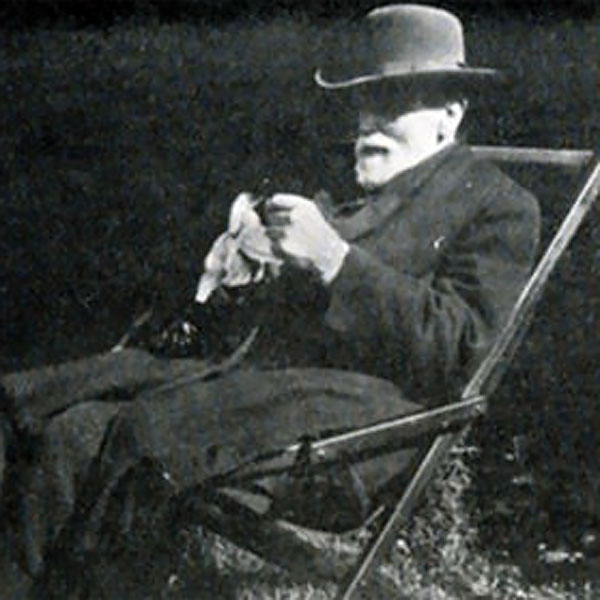A Perfect Pandemonium of Voices
“I began to get still. But I had no sooner commenced than a perfect pandemonium of voices reached my ears, a thousand clamoring notes from without and within, until I could hear nothing but their noise and din. Some of them were my own voice, some were my own questions, some of them were my very prayers. Others were the suggestions of the tempter, and the voices of the world’s turmoil. Never before did there seem so many things to be done, to be said, to be thought; and in every direction I was pushed and pulled, and greeted with noisy acclamations of unspeakable unrest. It seemed necessary for me to listen to some of them, and to answer some of them, but God said, ‘Be still, and know that I am God’. Then came the conflict of thoughts for the morrow, and its duties and cares; but God said ‘Be still’. And as I listened, and slowly learned to obey, and shut my ears to every sound, I found, after a while, that when the other voices ceased, or I ceased to hear them, there was a still, small voice in the depths of my being that began to speak with an inexpressible tenderness, power and comfort.”
— John Edward Southall, 1900
The Power of Silence

Today’s Invitation
Try introducing a physical object to your centering practice today. This can be anything you like – a piece of dough to roll between your palms, gum to chew, a ball to squeeze. See if this kind of movement can help you to still the voices competing for your attention.

Query of the Week
How do you hear the still, small voice?
How do you create the conditions that help you hear that voice? What does “expectant waiting” mean to you?





